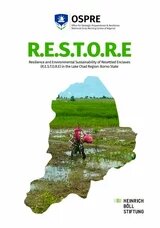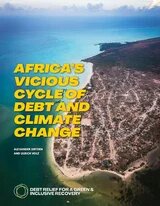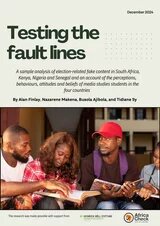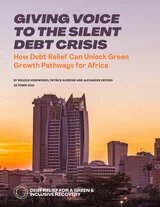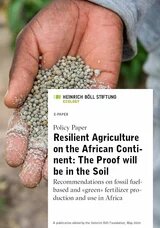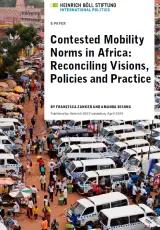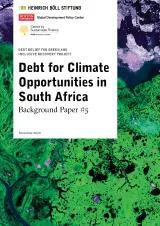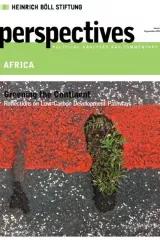Africa, the world's second-largest continent, captivates visitors with its diverse landscapes and cultures. However, many African countries face numerous challenges, including social conflicts, environmental problems, and economic uncertainty. The Heinrich Böll Foundation is committed to promoting democracy, human rights, and environmental protection in Africa.
The overview page introduces into all our articles, dossiers, and publications on Africa.
Africa
© Heinrich-Böll-Stiftung e.V.
Schumannstraße 8
10117 Berlin
T +49 (30) 285 34-0
F +49 (30) 285 34-109
www.boell.de
info@boell.de
